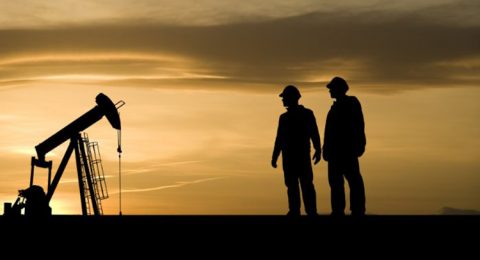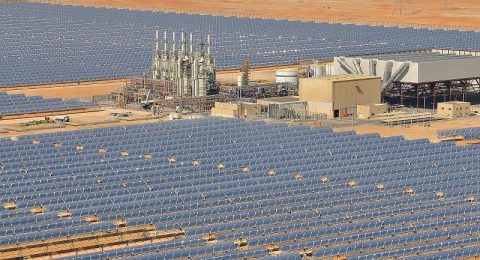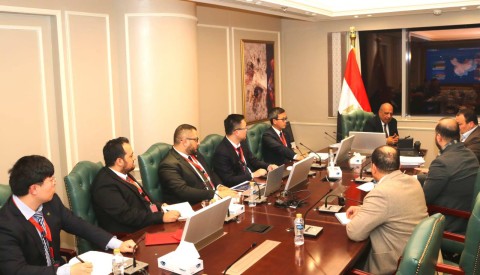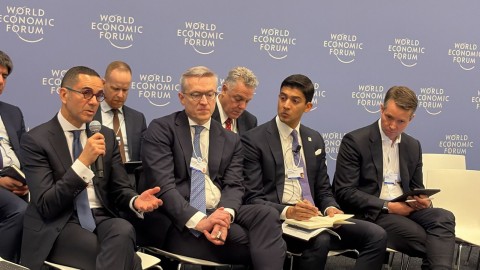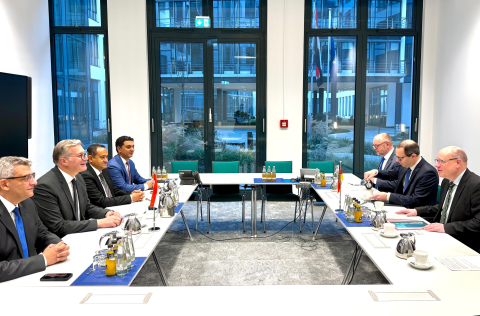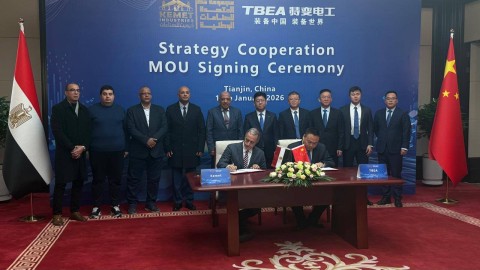Norway plans to form a stronger partnership with Indonesia and explore investment opportunities in renewable energy such as hydropower, and carbon capture and storage (CCS), according to Energy Minister Terje Aasland.
“A lot of opportunities are there, and there are some hurdles, but I hope we can build a stronger partnership in years to come,” Energy Minister Terje Aasland told Reuters on Thursday after meeting his counterpart Arifin Tasrif in Jakarta earlier this week.
Norwegian companies can contribute their experience in hydropower and carbon capture and storage (CCS) in Indonesia to reduce emissions in the country, Aasland said.
Storage capacity at Norway’s first CCS project Northern Lights will be ready this year and is on track to start capturing carbon dioxide from a cement plant in Brevik next May, he said.
Aasland met representatives from Norwegian firms in Singapore on Thursday including Equinor, DNB and Yarra, which are investing in renewables, energy storage and alternative fuels such as ammonia in Asia Pacific.
While Norway aims to achieve net-zero greenhouse gas emissions by 2050, it also continues to explore and develop new oil and gas fields, including in the Arctic’s Barents Sea, to maintain output that is expected to peak in 2025.
Norway, which is western Europe’s largest oil and gas producer, generates a total output of just over 4 million barrels of oil equivalents per day (boe/d).
Norwegian gas supplies to Europe are expected to reach 120 billion cubic meters (bcm) this year, Aasland said, up from 109 bcm in 2023.
“Oil and gas will also play a crucial role in the coming decades because of the needs to energy security and affordable prices,” Aasland said, adding that the country needs to secure supply chain for green transition.
Norway aims to give exploration permits for seabed mining in the Arctic region next year, hoping to extract minerals needed for solar panels, wind turbines and electric car batteries. This is necessary to replace fossil fuel energy, although the plan faces opposition from environmental groups and some European countries.
“Today we depend on Russia and China so we have to diversify the value chain for minerals in the coming years and we are looking into how we can develop the activity in the Norwegian Continental Shelf in a sustainable manner,” Aasland added.


